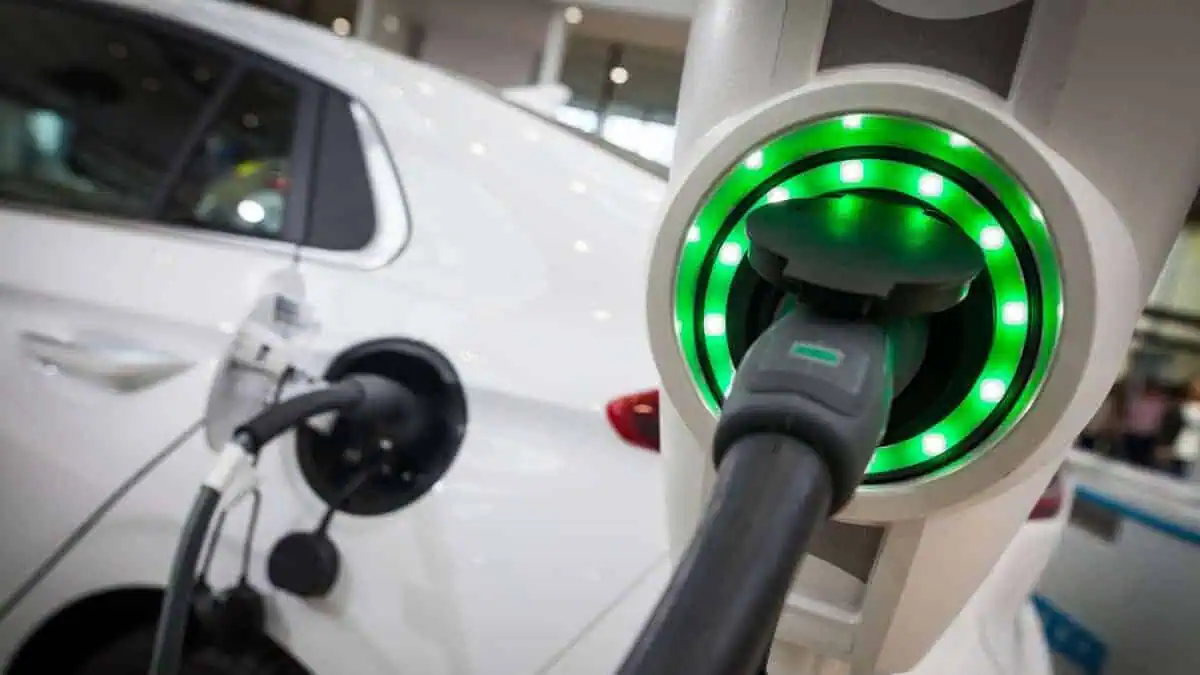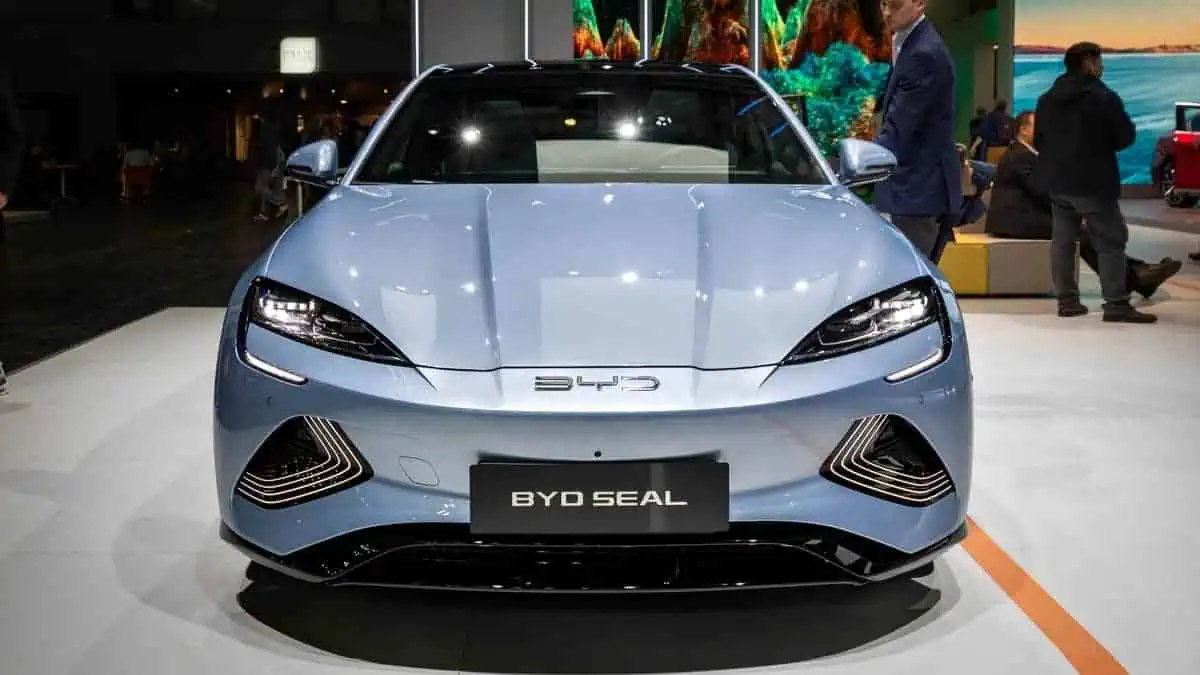Industry experts say the UK needs help with the US and Europe in the race for a global electric vehicle powerhouse.
Many issues, ranging from a scarcity of charging stations to the demise of plans to build a £3.8 billion car battery gigafactory, have emphasized a lack of investment in the green revolution.
The level of concern that Britain has been accused of being “asleep at the wheel,”, especially in light of government plans to ban the sale of new petrol and diesel vehicles in 2030.
In a stern warning to ministers, retired Aston Martin CEO and EV “godfather” Andy Palmer declared, “There will be winners and losers.”
The remarks came after Jaguar Land Rover (JLR) owners demanded more than £500 million in aid to build a battery factory in the UK rather than Spain.
Financial assistance for companies
According to the Financial Times, JLR’s Indian parent company Tata Motors has provided ministers just weeks to promise financial assistance to secure the investment in Somerset, or it will choose a major European rival.
The support would include grants and support packages such as help with energy costs and research, rekindling hopes that Britain could play a significant role in car manufacturing, shifting away from gasoline and diesel and toward electric vehicles (EV).
We are engaging with them – whether or not the talks go anywhere varies based on whether or not a final amount can be agreed upon
The government stated on Tata Motors
If Tata chooses Spain, it will be another blow to the British auto industry, which saw output fall to its lowest level since the 1950s last year. While some may object to Tata’s tactics, Palmer believes the demands are reasonable.
If the UK wants to keep its car industry, it will have to compete with both the US and the EU in terms of incentive packages
Andy Palmer stated on Tata’s tactics
While the United States has implemented an inflation reduction scheme, making it more appealing for automakers to produce EV batteries there, Europe has made investing in electric motors through its European Battery Alliance a tactical mission.
Spain generously offered battery manufacturing subsidies
Spain has generously subsidized battery manufacturing and has some of Europe’s lowest energy and electricity costs.
As a result, it is a fierce competitor for the affections of Tata, Britain’s largest car manufacturer.
However, the Government has given out more than £ 100 million to Nissan for its Sunderland factory and £ 30 million to Stellantis to make electric vans in Ellesmere Port. Still, experts argue it must do more to keep the sector alive.
It feels as if the UK is asleep at the wheel when it comes to its EV strategy
David Henig, Director of European Centre for International Political Economy’s UK trade policy project stated on UK’s EV strategy
Despite his concerns about Tata’s “give us your money, or we’ll leave” tactics, he believes the Government’s auto manufacturing policies are lacking in confidence.
Similarly, Professor David Bailey, a car industry expert at Birmingham University’s business school, stated that the UK was sitting on the sidelines.
To make this situation worse, the rescue of Britishvolt, once thought to be the industry’s future, has been dubbed a “wasted opportunity” after it was revealed that its Australian buyer, Recharge Industries, intends to concentrate on energy storage and then luxury sportscar batteries rather than the mass market car industry.
Bailey said that the shift in direction for Britishvolt was a “disappointment.”
If they end up buying the site and doing energy storage, that is a bit of a wasted opportunity because it’s ideal for a gigafactory,
David Henig, Director of European Centre for International Political Economy’s UK trade policy project stated on Britishvolt
A plant that will produce 300,000 batteries for British-made EVs annually
The plan was to construct a £3.8 billion gigafactory that would produce 300,000 batteries per year for British-made electric vehicles.
And the situation is similar for already-produced electric vehicles.
According to a recent AA poll, there is an EV charging crisis.
It discovered that only one in every fifty drivers uses an electric vehicle.
Almost three-quarters want to shift, with nearly 2 million planning to do so within the next two years.
However, AA president Edmund King stated that many would not work due to a lack of charging stations and urged the Government to increase their availability.
Last year, nearly 9,000 public electric charging devices were installed, with Westminster solely having more than Liverpool, Manchester, Newcastle, Leeds, Sheffield, and Birmingham combined.
But, whatever the Government chooses to do with Tata, the fact is that the UK needs to step up its game when it comes to electric vehicles – or accept that it will fall behind.






